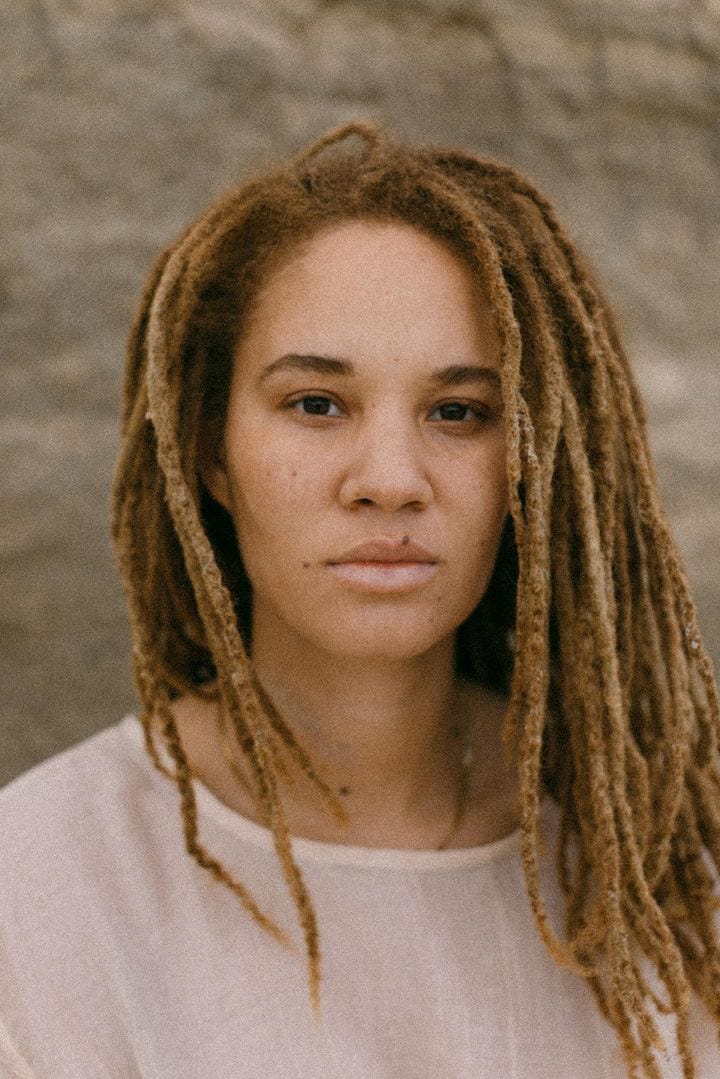Ayoola Smart: “I have compassion for my younger self and hope for who I'm becoming”
The actor on distance from her heritage, taking a lifetime to work it out and qualifying her Irishness
Photo: Kate Bean
Hi, welcome back to Mixed Messages! This week I’m speaking to actor Ayoola Smart, who is of mixed English and Nigerian heritage. I first saw Ayoola in Paradise Now! at London’s Bush theatre and knew I needed to speak to her for the newsletter. Since then, she’s added cult comedy horror Cocaine Bear and a second series of Prime Video’s Th…


